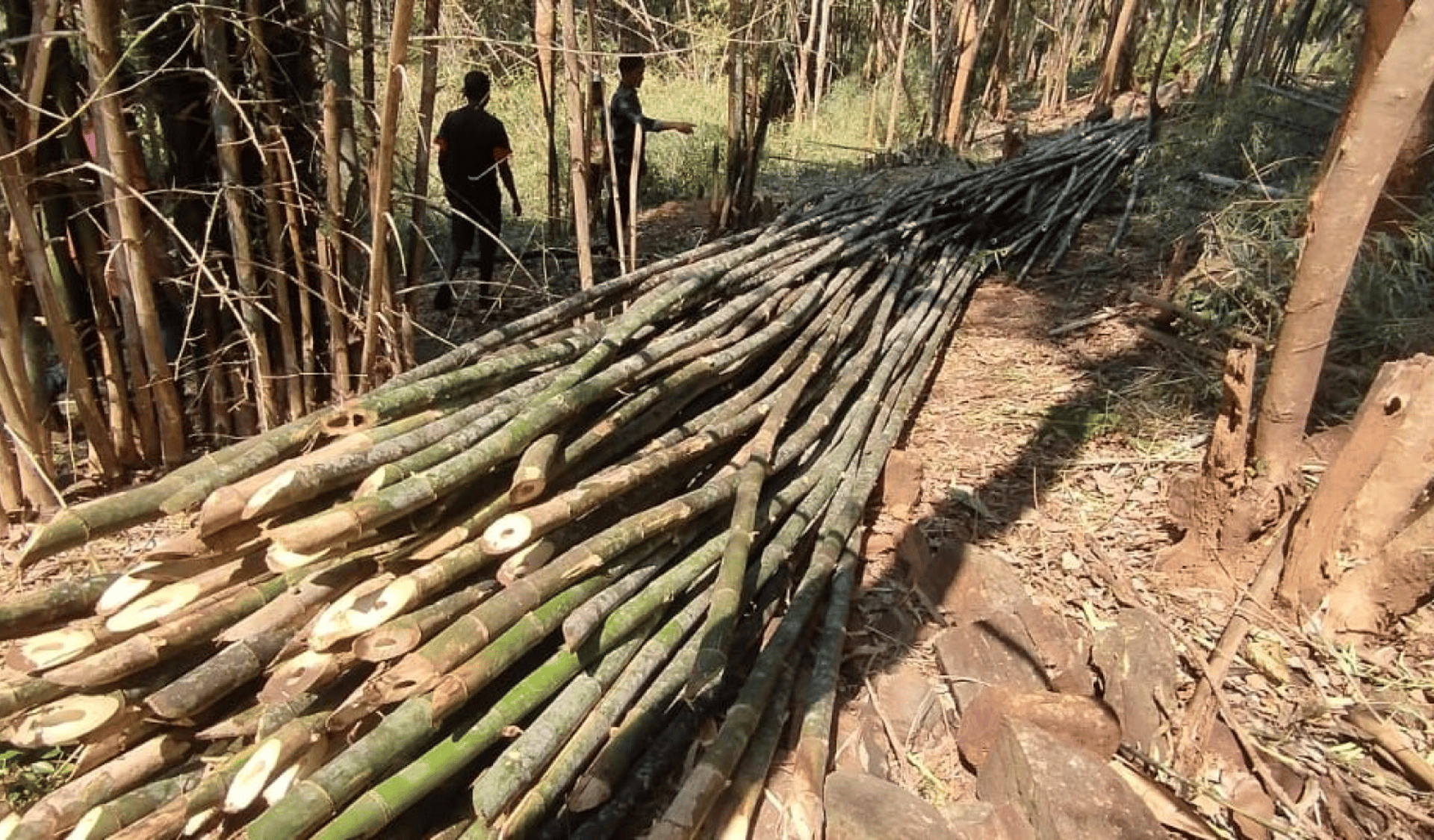
Bamboo Dispute in Malkangiri: Sudhakonda Gram Sabha Intervenes After Filing of Community Forest Resource Rights
05.07.23
Forest-dependent communities have been custodians of forests for centuries, demonstrating their capacity to manage them sustainably. The Scheduled Tribes and Other Traditional Forest Dwellers (Recognition of Forest Rights) Act, 2006—commonly referred to as the Forest Rights Act (FRA)—acknowledges this by granting them Community Forest Resource Rights (CFRR), which recognise their authority to manage, protect, and use forest resources sustainably.
Despite this legal recognition, many communities remain unaware of their rights and the opportunities the FRA offers for improving livelihoods and strengthening local governance. This lack of awareness has contributed to the low number of filed Community Forest Resource Rights (CFRR) titles in Odisha. Recognising the significance of the FRA and the potential for local conflicts, the following account from Malkangiri, Odisha, illustrates how forest management changed after the filing of CFRR titles.
Initially, the forest-dependent communities in Malkangiri were unaware of their rights over forest products and lands. As a result, they were unable to benefit from the large-scale sale of seasonal forest products (SFPs)—particularly bamboo. Most worked as wage labourers, assisting licensed regional contractors in bamboo sales.
In March 2022, the Initiative on the Forest Economy (IoFE) team began facilitating the filing of CFRR titles in Malkangiri. This involved convening meetings with government officials and Gram Sabha (GS) members, along with conducting workshops to raise awareness, carry out inventory mapping, and explain CFRR-related processes to forest-dependent communities. Within six months, the communities successfully filed CFRR titles, which enabled them to prepare a forest management plan.
Forest Department (FD) officials, Integrated Tribal Development Authority (ITDA) personnel, and GS members collectively decided to create a bamboo management plan instead of a general forest management plan in Malkangiri. As a result, GSs were expected to lead bamboo sales in the upcoming season.
In February 2023, a contractor began cutting bamboo in the CFRR-claimed area of Sudhakonda GS, unaware of the change in harvesting rights following the claim. The area had been leased to the contractor under a cooperative system the previous year. Legally, the FD officials should have cancelled this lease after the CFRR claim was filed and the Forest Rights Committees (FRCs) passed a resolution. However, due to a lack of awareness of the new rules, officials did not revoke the contractor’s permit, creating a conflict between the contractor and the Sudhakonda GS.
Approximately 7,000 bamboo poles were cut in the Sudhakonda forest. The Sudhakonda GS then lodged complaints with the Divisional Forest Officer (DFO), District Collector (DC), Forest Range Officer (FRO), and Tehsildar, citing violations of Section 4(1)(e) in the FRA, 2006, and Section 5 of the FRA Amendment Rules, 2012. Following a call from the GS to the FRO, Kalimela, the FD officials halted the bamboo cutting, and the contractor left the site.
The following day, Sudhakonda GS leaders met with the DFO and DC, who confirmed the GS’s exclusive right to harvest and sell bamboo. They also met with FD officials, ITDA personnel, the contractor, and community members to formalise that contractors may purchase bamboo directly from the GS at mutually agreed prices. The Secretary and President, along with other community members, then transported the cut bamboo from the forest into their custody. The GS stated that the bamboo would be sold at market rates to companies, traders, or other buyers, with proceeds deposited in its savings account.
The incident highlights the potential for conflicts of interest between contractors and forest-dependent communities that have filed CFRR claims in the Odisha’s forest regions. With the FRA still in its early stages of implementation, collaboration among all stakeholders—government authorities, non-governmental organisations (NGOs), academia, and forest-dependent communities—is essential to eliminate ambiguity.
Our team has adopted the following strategic approach to reduce community stress and strengthen local governance in Malkangiri:
(a) We conducted operational legal training for elected leaders (two males and two females—proposed for the Maha Gram Sabha (MGS) federation) on the rights and responsibilities of GSs under the FRA. This was carried out following the submission of claims before 20 February 2023 and included the initial mobilisation for MGS formation.
(b) We facilitated the formation of the MGS federation on 22 February 2023 to coordinate the management, safeguarding, and sustainable regeneration of forest resources.
(c) We initiated the enumeration of other SFPs to reduce dependence on bamboo. This began with a mahua inventory documenting the average yield per tree and the number of mahua trees in the region.
(d) We compiled a list of 200 villages for scaling up the work and shared it with the Geographic Information System (GIS) team for inventory mapping.
By recognising CFRR under the FRA, Odisha can secure the livelihoods of forest-dependent communities while strengthening their self-governance of forests and natural resources for generations to come.
